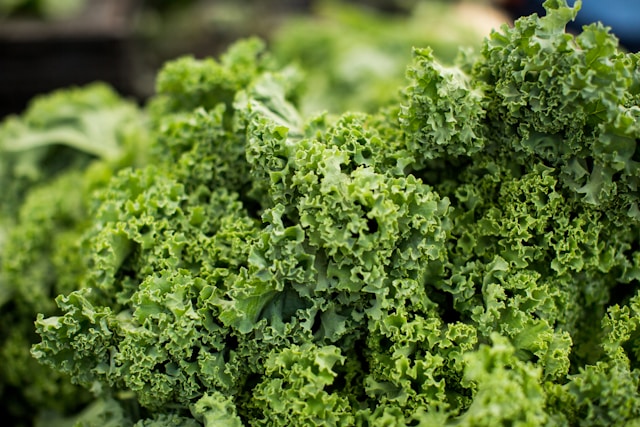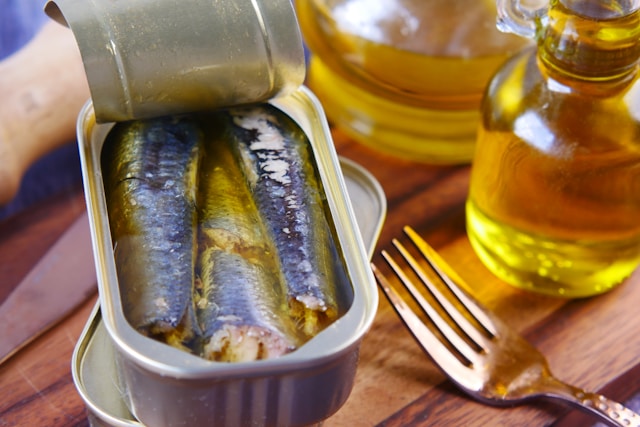Exfoliation of Skin – Things You Should Know
November 23, 2018
Among various skincare routines, exfoliation has gained a lot of popularity because it helps remove the outer layer of dead skin cells and thus removes dull or dry skin, increases blood circulation and improves and brightens the appearance of your skin. Today, Earth’s Wisdom wants to let you know about the benefits of skin exfoliation.
Exfoliation can be performed in different ways. The choice of method and the frequency to use it depends on your skin type. Exfoliation is not recommended for certain skin conditions e.g. rosacea.
Things to Use for Exfoliation
Various methods and tools can be used to exfoliate skin. While brushes and facial scrubs are types of physical or mechanical exfoliation, skin peels and acids are types of chemical exfoliation.
Physical Exfoliation
Exfoliating Scrub: Exfoliating scrub can used directly on skin with circular, gentle motion and then you can wash the skin with warm water.
Exfoliation Sponge: This is a gentler device to exfoliate skin. It can be lathered with soap or body wash and warm water under the shower.
Exfoliating Brush: This is a bristle brush applied on the skin to remove its outer layers. Some of these are meant for dry brushing, whereas others are designed to use with your body wash or facial cleanser.
Exfoliating Glove: If sponges or brushes are challenging for you to grip, use a glove. It’s easy to use on larger areas like arms or legs. Lather it with body wash or soap under the shower.
Chemical
Alpha-hydroxy Acids (AHAs): Lactic, glycolic, citric and tartaric acids are all AHAs. They break apart bonds that hold dead and dull skin cells to your skin’s surface. This enables you skin to naturally lose dead particles.
Beta-hydroxy Acids (BHAs): Salicylic and beta hydroxyl acid are examples of BHAs. They may work better for acne-prone skin.
Exfoliation of Skin by Skin Type
While exfoliating your skin mechanically, you should be gentle on your skin. You should move your fingers in circular motions while using an exfoliating tool or applying a scrub.
If you use a brush, apply light, short strokes. Do the process for around 30 seconds and then wash with lukewarm (and not hot) water. After exfoliating, don’t forget to apply a moisturizer with SPF.
You should not exfoliate your skin if you have open wounds or cuts, or if it is sunburned.
Sensitive Skin
For a sensitive skin, mechanical methods of exfoliation should be avoided because they will further irritate the skin and cause redness. Instead apply a gentle chemical exfoliator with a soft washcloth.
Dry Skin
Exfoliation is essential if your skin is dry or flaky. However, you should avoid mechanical exfoliation because it is drying and can cause microtears. AHAs are best for dry skin.
Glycolic acid can work for removing dead cells collected on the skin surface and promote a healthy skin turnover. Since this acid can make your skin prone to sun damage, after using it, apply a moisturizer and SPF.
Oily Skin
Mechanical exfoliation is beneficial for thicker or oily skin because such skin has an additional layer of buildup that can be removed by mechanical exfoliation.
Normal Skin
If you are fortunate enough to have normal skin, you can apply any exfoliation method. You may have to experiment a little to find which of these techniques can be the best for you.
Combination of Skin
This type of skin may need both mechanical and chemical methods of exfoliation; but you shouldn’t use both on the same day since your skin may be irritated.
How Often to Exfoliate?
This depends on your skin type and the method you are using. For example, some chemical exfoliating agents can be strong. Overall, 1 to 2 times a week is useful for dry skin, while oily skin may need it more often. You can take the advice of your dermatologist.
Exfoliate your skin carefully and you’ll be proud of your renewed, glowing skin.
Conclusion
In conclusion, exfoliation is an essential step in any skincare routine that can help promote healthy, glowing skin. By removing dead skin cells and unclogging pores, exfoliation can improve the appearance and texture of the skin, as well as prevent acne and other skin issues.
However, it's important to be mindful of the type of exfoliation you choose and how often you do it. While physical exfoliants like scrubs can be effective, they can also be harsh on the skin and cause damage if used too frequently or aggressively. Chemical exfoliants like AHAs and BHAs are gentler options that can provide similar benefits without the risk of physical irritation.
It's also important to listen to your skin and adjust your exfoliation routine accordingly. If you notice redness, irritation, or excessive dryness, it may be a sign that you need to reduce the frequency or intensity of your exfoliation.
Overall, exfoliation can be a valuable tool in achieving and maintaining healthy, radiant skin. By understanding the different types of exfoliation and their benefits, as well as taking proper precautions and being attuned to your skin's needs, you can incorporate this step into your skincare routine for optimal results.
Leave a comment
Comments will be approved before showing up.
Also in Wisdom News

The Importance of Vitamin K2: Unlocking its Role in Health and Wellness
September 22, 2024

The Importance of Omega-3 Fatty Acids: A Comprehensive Review of Their Effects on the Body
August 02, 2024

The Benefits of Mindfulness Meditation for Mental Health
July 12, 2024
Disclaimer: These statements have not been evaluated by the FDA. These products are not intended to diagnose, treat, cure or prevent any disease.
© 2025 Earth's Wisdom®. All Rights Reserved.




